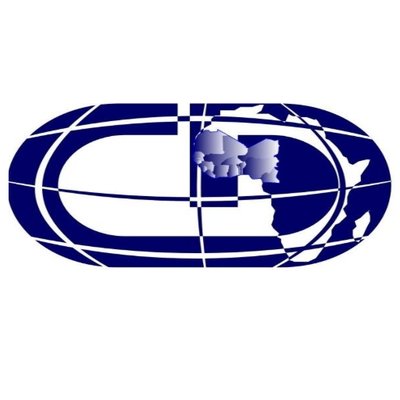CDD, NDI hold second disinformation, AI conference in Lagos
he Centre for Democracy and Development (CDD West Africa) and the National Democratic Institute (NDI) will convene stakeholders from across the region to exchange knowledge, share best practices and develop collaborative strategies to address the spread of disinformation, hate speech, and other forms of information manipulation. The Director, CDD West Africa, Dr. Dauda Garuba, said […]

Centre for Democracy and Development (CDD)
he Centre for Democracy and Development (CDD West Africa) and the National Democratic Institute (NDI) will convene stakeholders from across the region to exchange knowledge, share best practices and develop collaborative strategies to address the spread of disinformation, hate speech, and other forms of information manipulation.
The Director, CDD West Africa, Dr. Dauda Garuba, said on Friday in Abuja that the three-day conference, with support from Global Affairs Canada, holding in Lagos will be attended by stakeholders across civil society, the media and state institutions.
“Scholars and practitioners in the field of countering disinformation will have the space to reflect on the threats posed by disinformation as well as best practices and collaborative strategies to effectively counter it. In line with learned findings, which provide a plethora of evidence about how disinformation undermines the civic will, the electoral process, and ultimately trust in democratic institutions, NDI and CDD reckon that the outcomes of the conference will energise and enable effective synergies, which will safeguard the information space in the West Africa sub-region.
“The event will have a particular focus on regional experiences in countering information manipulation in elections and transition contexts in the past year, the role of Artificial Intelligence in this field, the changing role of technology platforms and tools, the impact of information manipulation on women and marginalised communities, and a review of good practices and development of actionable recommendations to counter these harmful phenomena,” Garuba said.
- Fraud: EFCC nabs impersonators of Evang Ebuka Obi
- Retired Warrant Officer: At the battlefront, I saw a lot of things I cannot narrate
He said in the context of the role of technology, particularly, Artificial Intelligence (AI), a diverse array of keynote speakers and panelists will explore thematic issues focusing on the tactics used in recent regional elections to spread misinformation, disinformation, and hate speech and their impact on electoral processes.
Other areas are the role of AI in both combating and creating disinformation; the targeting of marginalised communities, including women, by harmful informational campaigns and their effects on social divisions and confidence in democratic processes; and tools and methodologies for addressing these challenges and monitoring the online space.
“The conference will feature keynote speeches, panel discussions, workshops, and networking sessions. Participants will engage in interactive discussions, share case studies, and learn from experts who are directly addressing disinformation and hate speech in the region.”
“Also, the conference, given its hybrid format of physical and online attendance, gives a broad spectrum of participants to be a part of the deliberations. Similarly, a pre-conference survey, offers a wider audience of participants the opportunity to share insights and perspectives about their experiences with disinformation,” Garuba said.
